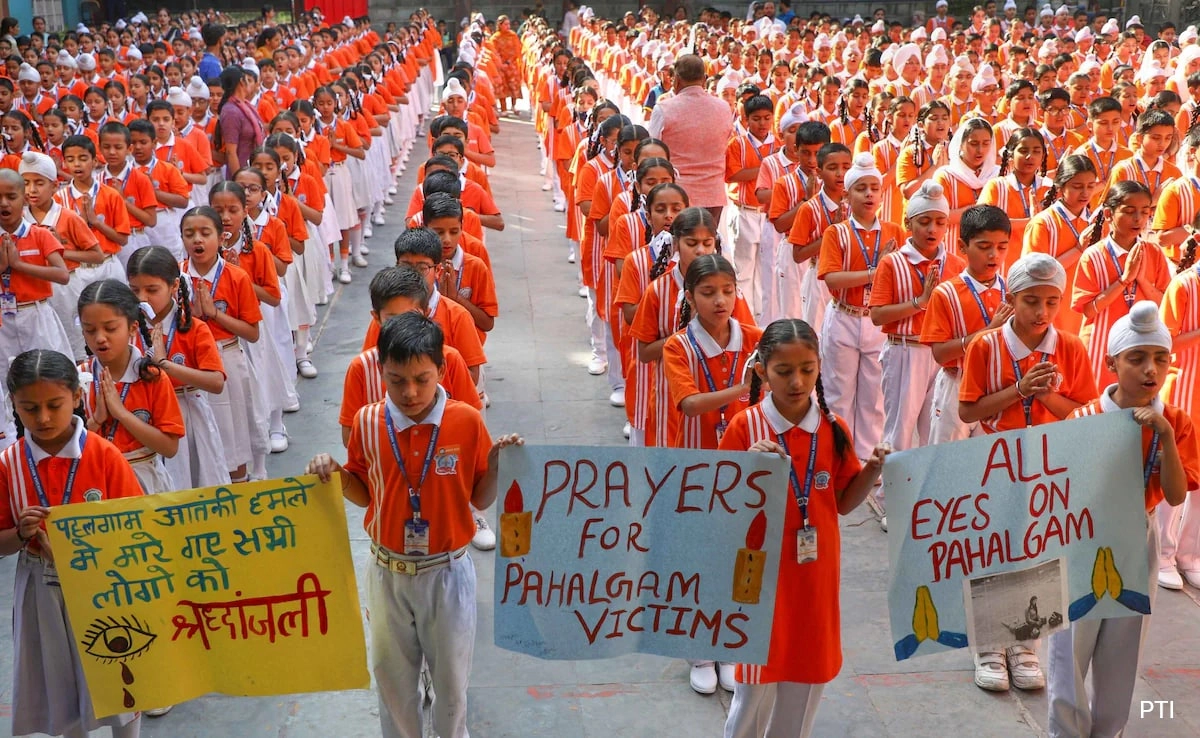In light of the recent attack in Pahalgam, Rahul Gandhi, the leader of the opposition, has expressed unwavering support for the actions taken by the central government. This incident has raised significant concerns regarding security and safety in the region, prompting a unified stance among various political factions. Gandhi emphasized the importance of standing together in times of crisis, highlighting that political differences should be set aside to address the pressing issues of national security and public safety. He called for a collective effort to ensure that such attacks do not recur, underlining the need for a comprehensive strategy to combat terrorism and safeguard citizens.
The Pahalgam attack, which has drawn widespread condemnation, serves as a reminder of the ongoing challenges faced by the nation in terms of maintaining peace and order. In his statements, Gandhi acknowledged the sacrifices made by security personnel and emphasized the need for enhanced support and resources for them. He urged the government to take decisive action to bolster security measures in vulnerable areas, ensuring that the local population feels protected. The opposition’s support for the central government’s approach reflects a broader consensus on the imperative of addressing terrorism and ensuring the safety of all citizens, regardless of political affiliations.
As investigations into the Pahalgam incident continue, the opposition’s backing could play a crucial role in fostering a sense of unity among the populace. It is essential for political leaders to demonstrate solidarity in the face of adversity, as this can strengthen public confidence in the government’s ability to respond effectively to threats. Gandhi’s call for collaboration is a reminder that addressing such complex issues requires a multifaceted approach that involves not only security measures but also addressing the underlying causes of conflict. By rallying together, political leaders can send a powerful message that the nation’s safety transcends party lines, reinforcing the idea that national interest should prevail in times of crisis.




